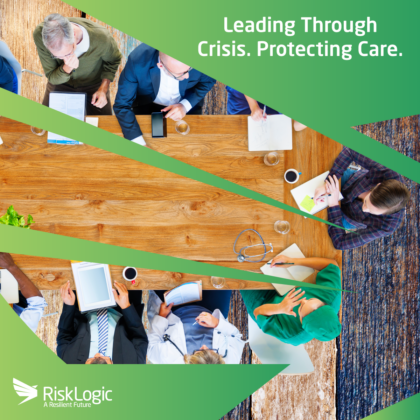-
Url copied to clipboard.
At approximately 1pm on Tuesday the 22nd of October, a fire started in the (still under construction) 700 million-dollar New Zealand International Convention Centre (NZICC).
Although the investigation into how and why the fire started could take up to another two weeks, it’s been alleged that a junior contract construction worker left a blow torch on while heading outside for a cigarette. This has caused an estimated 250 million-dollar of damage.
Many media reports have collated and shared a bombardment of inadequate statements, unconfident strategies and blame games by key stakeholders from all parties.
This event caused a considerable amount of disruption to the Auckland CBD – closing many businesses, stopping public transport and closing shops & cafes in the surrounding streets for up to three days.
Insurance companies are hindering the investigation and causing extra disruption while many are now in the process of reviewing premiums and terms of those connected to the convention centre. The outlook is bleak for these however as in some premiums, the terms rarely state coverage for another businesses fault.
So, the question we must ask ourselves when an incident like this occurs is one; do we have Emergency Management procedures in place to mitigate this? Do we have Standard Operating Procedures (SOPs) to protect our people and our places, our building, facilitates and our assets against predictable events?
Are our plans up to date and have they been tested and validated? Are they in line with current Fire & Emergency regulation as well? The FENZ Scheme & Procedures are a new regulation from 2018 which will likely be more prominent to leaderships teams after the investigation is concluded.
This scheme is designed to have audited processes in place to help people in scenarios exactly like this. It would appear that this didn’t happen in the case of the NZICC.
RiskLogic follows these regulations very closely, maybe even more so since the merger with First 5 Group (who are leading experts in the Emergency Management space across Australia & New Zealand). We’ve seen an alarming number of organisations not keep up to speed with regulations like this and not testing their plans.
Secondly; do we have good crisis management training in place which will help our people to effectively respond to these incidents? If we look at case studies from the Convention Centre fire, many employees have disclosed that managers “told them to carry on working” as smoke began to creep its way into their office.
This tells us that perhaps the smaller, less mature businesses have not looked at crisis training whatsoever.
Whatever the case, we need to be trained and drilled, we need to have thought about how we respond as an organisation and look at the environment our organisation (and people) are in. What makes your business exempt to training and validating plans? Just because you’re not SpaceX or Military, you should be doing this.
Thirdly; do we have business continuity plans in place (BCPs)? These are plans that enable us to recover critical functions quickly and simply without having to think about it during an event. These are the backbones to your business’s true resilience. A good BCP is simple, to the point and easy to find. Remember that last point. Your staff must not only know what’s in the BCP, they have to know where is kept (electronically or physically but preferably both). If you or your staff don’t know where the Business Continuity Plans are, it’s useless.
So, these are the questions we need to be asking ourselves. We know that New Zealand businesses have been slow to pick up on this planning, but it’s this planning that will help you respond and recover most effectively.
In the case of the Auckland International Convention Centre fire, the planning that was in place was likely focused on the direct facility. People effectively evacuated and thankfully no one was seriously hurt. But what if you’re one of the businesses over the road? What if you’re impacted by someone or something else’s mistake – then what?
This crisis is more common than you think. 100+ organisations next to the convention centre would vouch for that.




